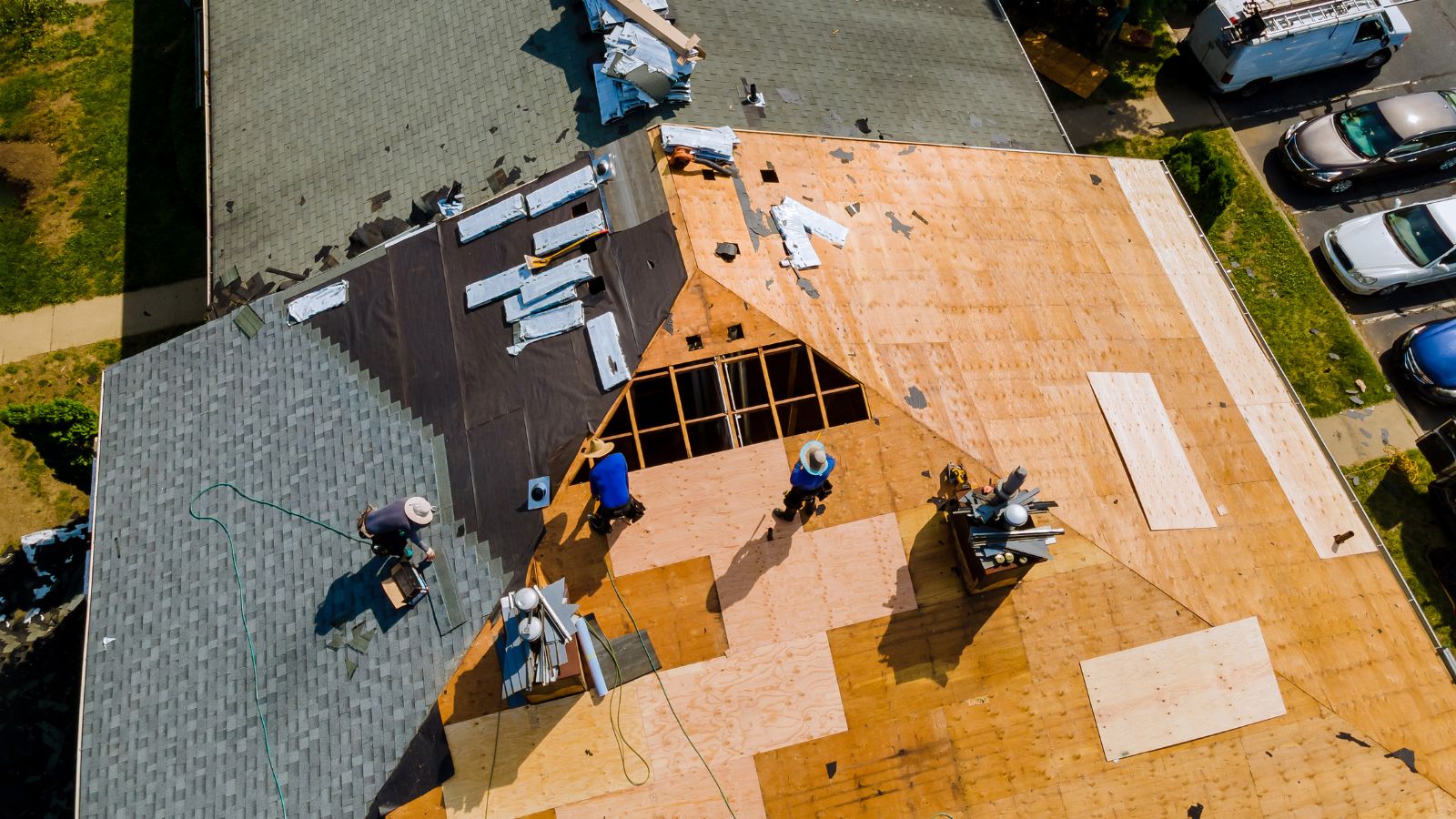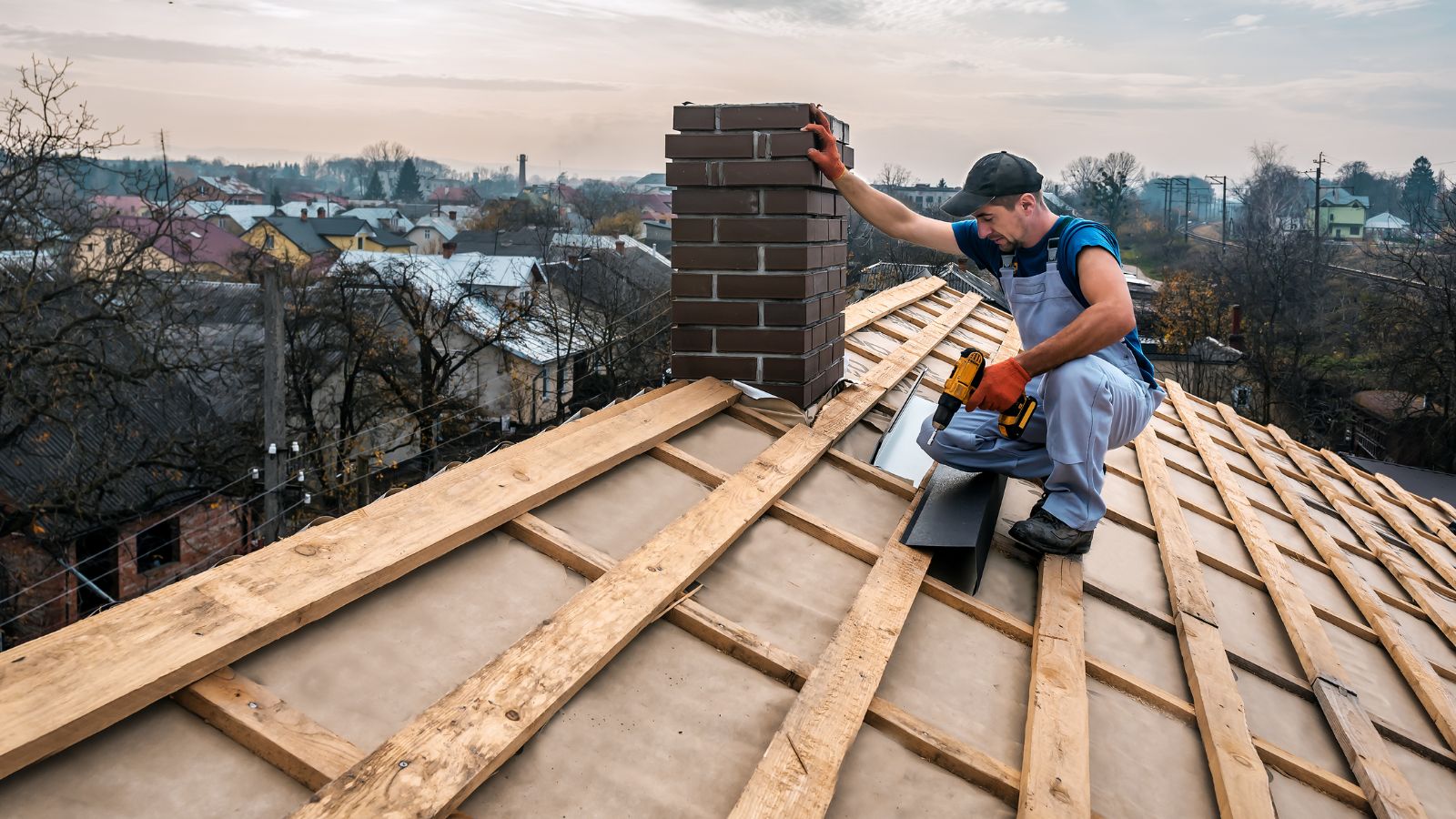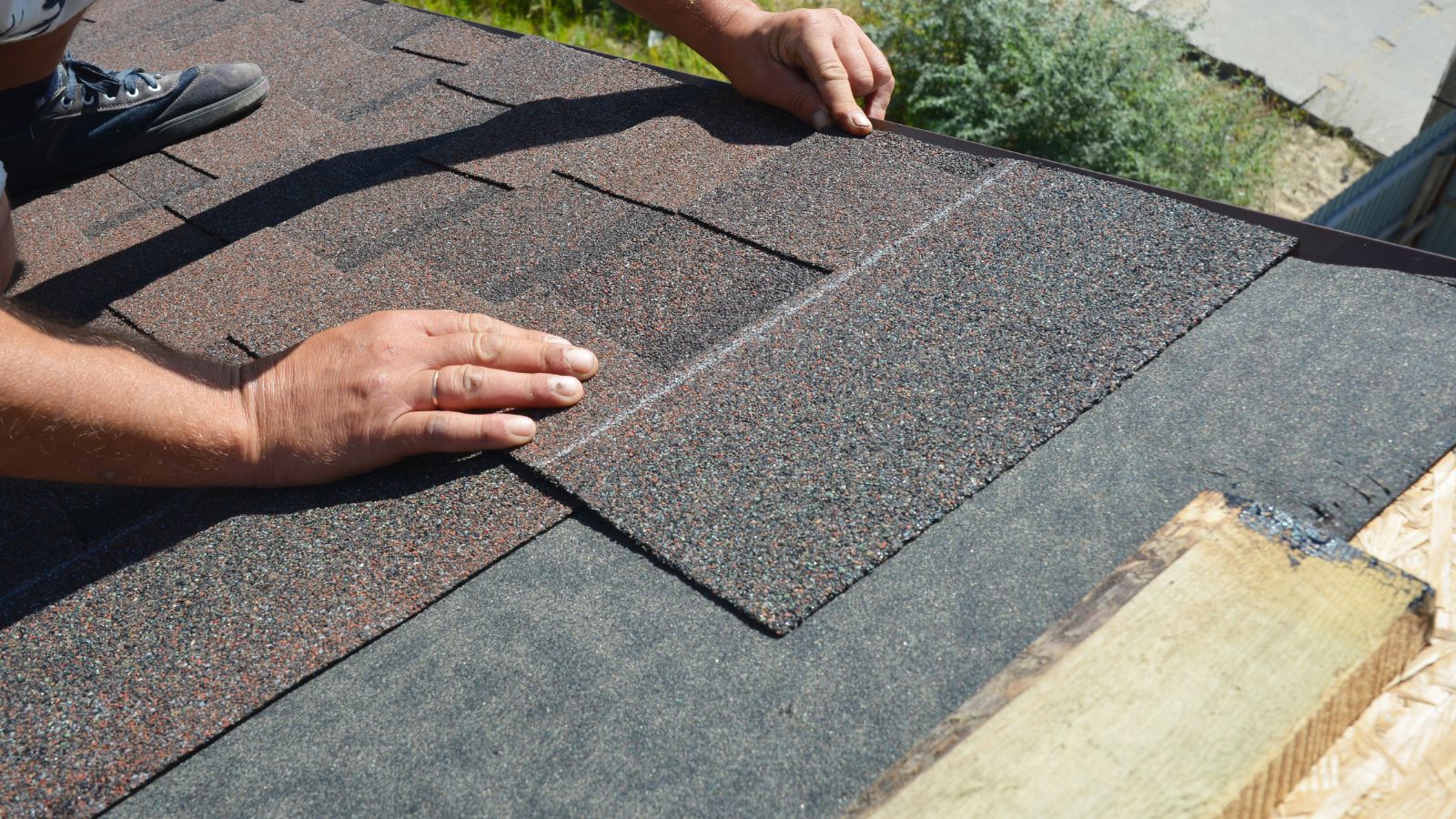When you’re investing in a new roof, whether it’s for your home or a commercial building, a roofing warranty contract is one of the most important things to understand. It’s not just about the materials; it’s about protecting yourself, your investment, and ensuring that the roof will stand up to the elements for years to come. A roofing warranty is an agreement between you (the property owner) and either the roofing contractor or the manufacturer, and it outlines what is covered if things go wrong with your roof after installation.
Let’s break down the basics of roofing warranty contracts, so you know exactly what to look for before signing anything.
Table of Contents
ToggleTypes Of Roofing Warranties
In general, roofing warranties come in two main types: manufacturer warranties and contractor warranties. Each type serves a different purpose, and both are crucial for ensuring your roof’s longevity.
- Manufacturer’s Warranty: The manufacturer’s warranty covers the roofing materials themselves. This type of warranty guarantees that the roofing materials—whether shingles, membranes, or other components—are free from defects in manufacturing. The warranty will cover things like cracking, curling, or other material failures that are caused by problems in production, not something you caused after the roof was installed.
Manufacturer warranties typically last anywhere from 20 to 50 years, depending on the type of material you’ve chosen. High-quality materials, like slate or certain types of metal, might come with longer warranties. It’s important to understand, though, that while the manufacturer may promise that the materials will last for decades, their warranty usually doesn’t cover labor costs for replacing those materials if something goes wrong. - Contractor’s Warranty: This warranty comes from the contractor who installs the roof. It covers any installation errors or issues that arise from the way the roof was put together. This warranty is important because no matter how high-quality the materials are, if they’re not installed properly, your roof could fail prematurely. For example, if the contractor doesn’t properly seal the roof, you might end up with leaks, or if the shingles aren’t nailed down securely, they could lift in the wind.
Typically, contractor warranties last anywhere from 1 to 10 years, depending on the contractor’s policies and the project’s scope. However, contractor warranties often have strict conditions that require regular maintenance to keep the warranty valid, so be sure to ask about this upfront.

Coverage and Duration
The duration of your roofing warranty and what it covers is one of the most critical things to understand. A typical manufacturer’s warranty might cover materials for up to 50 years, but this doesn’t mean your roof is “good as new” for the entire period. Most warranties are prorated, meaning the coverage value decreases over time. For example, in the first few years, the manufacturer might cover 100% of material costs if something goes wrong, but after 20 years, they may only cover a small percentage of the replacement costs.
On the flip side, contractor warranties tend to be shorter. They generally cover mistakes made during the installation process, such as poor workmanship or missing parts. If the roof leaks or suffers from improper installation, the contractor might be responsible for fixing it at no extra charge. However, just like with the manufacturer’s warranty, the contractor warranty may come with certain exclusions—like damage caused by severe weather or lack of maintenance.
Important Terms In A Roofing Warranty Contract
There are a few key terms you’ll want to keep an eye out for when reading a roofing warranty contract:
- Coverage Period: This refers to how long the warranty is valid. For a manufacturer warranty, it could be anywhere from 20 years to 50 years. A contractor warranty might be much shorter, often between 1 and 10 years. Make sure you’re clear on when the warranty starts, and if there are any stipulations about what happens if the property is sold.
- Transferability: Some roofing warranties can be transferred to a new owner if you sell your home. This can be a big selling point, as it adds value to the property. However, not all warranties are transferable, so check whether the warranty on your roof will apply to future homeowners.
- Exclusions and Limitations: Roofing warranties almost always come with exclusions—things that won’t be covered. For example, most warranties won’t cover damage caused by things like natural disasters, vandalism, or neglect. If your roof isn’t properly maintained, the warranty could be voided. In addition, things like ice dams or damage from improper roof cleaning might not be covered either.
- Maintenance Requirements: Many warranties require you to maintain the roof in a certain way, like cleaning gutters regularly or performing annual inspections. If you neglect the roof and fail to follow these maintenance guidelines, the warranty could be invalidated. It’s a good idea to find out exactly what’s required for your warranty to stay in effect.
- Repair or Replacement Terms: If there’s an issue with the roof during the warranty period, the contract should outline what will happen. This could involve the manufacturer or contractor replacing faulty materials, repairing leaks, or covering the cost of labor for necessary repairs. You should understand how you can file a claim and how long it might take to resolve an issue.
- Transfer Fees: If the warranty is transferable, there may be fees involved. Ask your contractor or manufacturer upfront about any costs associated with transferring the warranty to a new owner.

Key Considerations For Homeowners
When you’re signing a roofing warranty contract, there are a few things to consider that can help you avoid future headaches:
- Read the Fine Print: Warranties can be complex, and it’s easy to overlook key details. Take the time to carefully read the terms and conditions, especially the exclusions and what’s required for the warranty to remain valid. You don’t want any surprises down the road.
- Choose the Right Contractor and Materials: It’s essential to pick a roofing contractor with a good reputation. No matter how great the materials are, poor installation can lead to big problems. Make sure your contractor is licensed, insured, and has positive reviews. Similarly, choosing high-quality materials from reputable manufacturers will give you more peace of mind regarding your warranty.
- Get Everything in Writing: Always request written documentation that clearly outlines the warranty terms. This should include the coverage period, exclusions, maintenance requirements, and how to file claims if you need to. It’s important to have this documentation on hand in case something goes wrong with your roof.
- Understand Maintenance Responsibilities: Check to see if the warranty requires regular maintenance, such as inspections or cleaning. If you’re required to take certain actions to keep the warranty valid, make sure you’re comfortable with them and keep a record of any work done.
- Know Your Rights: Beyond the warranty itself, be aware that local consumer protection laws may offer additional protections. If something goes wrong with the roof due to issues like poor workmanship or defective materials, you may have legal rights beyond the warranty terms.
Conclusion
A roofing warranty contract is a crucial part of any roofing project, whether you’re installing a new roof or replacing an old one. Understanding the details of what’s covered, the duration of coverage, and the maintenance requirements is essential for protecting your investment. Whether it’s a manufacturer’s warranty for materials or a contractor’s warranty for installation, both offer valuable protections. So, get your contract template, pay attention to the fine print, ask the right questions, and choose reputable contractors and materials, that way you can ensure that your roof will serve you well for years to come.






